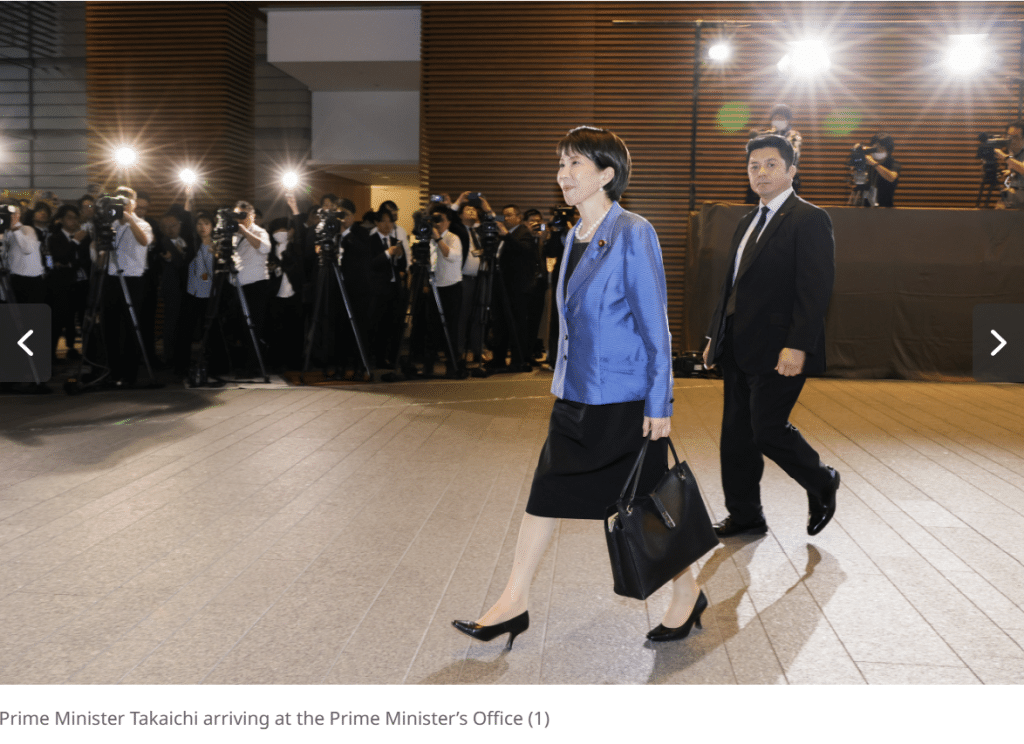Making a Killing From Killing: Chinese Activists Fear Revision of Wildlife Protection Law Will Only Increase Abuse of Animals
Wealthy Chinese businessmen killing tigers for food, the widespread netting of birds and bears being farmed so their bile can be extracted are just some of the cases of animal cruelty on the mainland which have sparked a public outcry.
Animal protection activists had hoped a new revision of the decades-old wildlife protection law would change such practices, but they say new draft amendments tabled for legislators to consider will only make such abuses worse if they are approved.
They have called on members of the National People’s Congress (NPC), the country’s legislature, to condemn all wildlife “consumption”, including the eating and use of animals in performances, as the parliamentary body seeks public opinion on the controversial draft revision to the Wildlife Protection Law.
China’s existing wildlife protection law was first drafted in the belief that commercialisation could help to provide better protection.
However, that has turned out to be false. Instead, the poaching and trade – and eating – of wild animals has become even more popular as the country has grown richer, and poachers and dealers have taken advantage of legal loopholes and lax implementation of the existing law.
Forestry authorities, which oversee the issuing of permits for breeding and transporting wild animals, have become a critical part of this “underground” wildlife industry.

When animal activists found evidence that some people were poaching and trading in wild animals and reported their claims to forestry authorities, only in very rare cases were the dealers punished.
Some longstanding mistaken beliefs involving traditional Chinese medicine are behind increasing incidents of poaching of wild animals – something which goes against the concept of an “ecological civilisation” which is being championed by the country’s top leadership.
In some areas of China, the eating of exotic wild animals has become a symbol of wealth and social status.
Traditional Chinese medicine ingredients include more than 6,000 substances which are obtained from a wide range of plants, herbs, minerals – and the parts of more than 1,500 animals, including tigers and other endangered species.
Demand for some of the most highly prized items, including rhino horn, pangolin scales, and tiger parts, mean these creatures have been nearly hunted into extinction.
Tiger parts are eaten in the belief that they can treat various illnesses, or provide virility, with tiger bones prized for their healing qualities and treating ailments such as arthritis and rheumatism.
Bear bile has been used to cure various ailments, such as fever, gall stones, liver problems, heart disease and eye irritation in China for centuries.
In Southern China, the eating of wild birds is thought to boost a person’s virility and, as a result, the population of the yellow-breasted bunting has plunged by 90 per cent since 1980s. The migratory bird, which flies from Europe to China for the winter, is now listed as an “endangered” species.
Animal activists had hoped that the plans to revise the 26-year-old law would end such problems, or at least start to address these pressing issues.
Yet they were shocked by the draft, tabled for its first reading at NPC at the end of January, which contained words giving explicit approval for the commercial use of wildlife resources.
For instance, the purpose of the draft amendment will be to “save precious and endangered wildlife species … regulate and standardise the use of wildlife animal resources”. Such wording will only encourage more ‘use’ when it is implemented.

The draft also stipulates that only “precious and endangered species”will be protected, and that species that are listed as “endangered” will be determined by forestry authorities, which are often part of the wildlife industry.
This draft arrangement, if it became law later in the year, would mean most wild animals would not be protected by the law, said Xie Yan, a researcher with Chinese Academy of Sciences.
Forestry authorities could intentionally leave some animals off the list of protected species if they had an economic value, Xie said.
For instance, forestry authorities are reluctant to raise the protection level for musk deers, even though populations in the wild are dwindling rapidly, largely because they are hunted for their scent glands, which are a highly prized traditional Chinese medicine.
Another draft provision in the law would allow not only the public displaying of wild animals, but also “public animal shows”, which have already been banned in zoos nationwide by the Ministry of Housing and Urban and Rural Development.
A researcher at China’s Development Research Centre of the State Council, who was involved in drafting the revision, said the current draft had taken into consideration the nation’s“underclass” – those who are at the bottom ranks of the nation’s social class, who often relied on wildlife-related businesses to earn a living. Animal protection activists were being “unrealistic” to demand major changes, the researcher said.
However, Beijing-based lawyer An Xiang disagreed with the researcher’s claims.
“It is true that legislation is a process of balancing the interests of different social groups,” An said. “But this law aims to protect wildlife animals, so why should it give so many detailed approvals to industry?
“All language [in the draft revision] about protection is pretty vague, but all the provisions involving ‘commercial use’ are very clear. Is it the right way to ‘balance’ the law?”
Mang Ping, a member of the mainland’s environmental group, Friends of Nature, said she had been invited to take part in a round-table discussion, organised by NPC, but had found that forestry officials and representatives from industry had made up the majority of those in attendance.
“Few of our proposals were reflected in the final draft text,” she said.
Zhou Ke, a professor of environmental and resources law at Beijing’s Renmin University, said it was time for China to get rid of such “heavy burdens” – a reference to both the use of wild animals in traditional Chinese medicine, and the distorted underground trading in wildlife.
The revised law, even if was not able to abruptly end the industries that relied on the trade of wild animals, should send a clear signal that it was going to come to an end, instead of helping to reinforce the practices, Zhou said.
By LI JING Feb. 6, 2016 on South China Morning Post.
Read more here








